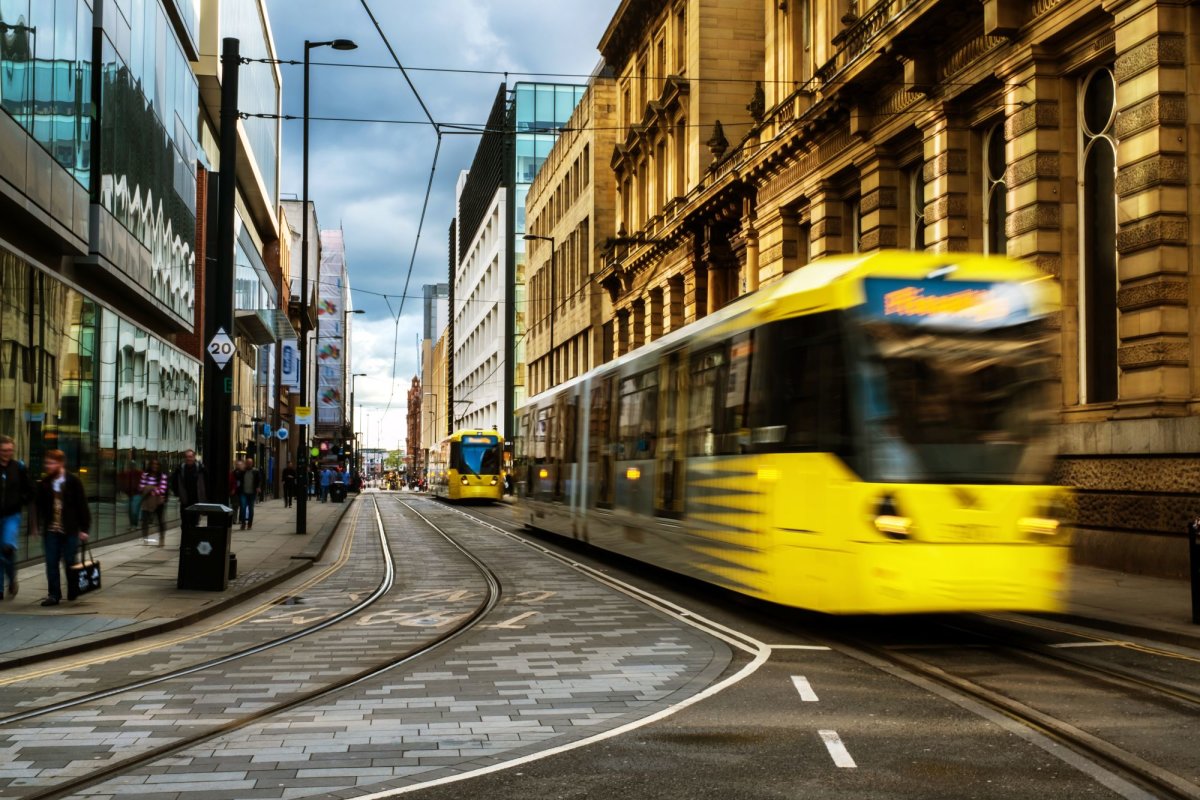Transport Infrastructure: Shaping the Future of Society
Transport is the lifeblood that sustains economies and connects communities to jobs and leisure. It plays a crucial role in shaping the way we live our lives, from connecting people to work and leisure to facilitating the movement of goods. In the midst of changing needs and challenges, ensuring that the nation’s transport infrastructure is prepared for the future is essential.
Experts’ Insights on Transport Infrastructure
All of us rely on an efficient, effective, and sustainable transport system that meets our needs. However, Professor Nick Tyler emphasizes that transport policy should focus more on the needs of the people who use it rather than just the infrastructure itself. He highlights the importance of creating a transport system that contributes to a better society and quality of life.
Professor William Powrie advocates for “travelling less but travelling better,” urging a shift towards more sustainable travel practices. Professor Chris Rogers emphasizes the need for a broader perspective on transport debates, considering how they align with the vision of the society we aim to build.
Shaping the Future Through Transport
The experts point out that transport plays a crucial role in shaping the future economy and society of the UK. They highlight the transformative impact that modern transport infrastructure can have, drawing parallels with historical developments such as the canals and railways.
Professor Powrie stresses the importance of planning infrastructure based on the future we want, rather than solely on current demand. This forward-thinking approach requires bold political leadership to create a transport system that aligns with long-term societal goals.
Adapting to Changing Trends
The panel discusses the need for a whole systems approach to analyze the evolving trends in transport, including technology, decarbonization, and changes in the world of work. They emphasize the importance of understanding how these trends shape the nation’s transport needs.
They also highlight the impact of the COVID-19 pandemic in prompting a reevaluation of transport needs and the adoption of new technologies in designing and maintaining infrastructure. However, they caution against overlooking the human element in the rush to embrace digital solutions.
Collaboration for a Sustainable Future
The experts stress the importance of shifting from competition to collaboration in the transport sector. They advocate for a collaborative approach where all stakeholders work together towards a common vision, drawing inspiration from NASA’s no-fault approach to learning from mistakes.
Ultimately, the panel agrees that transport policy should focus on linking local and regional investment programs to support national priorities and the larger societal vision. They emphasize the role of politicians in setting a long-term vision for a prosperous and healthy society.
Transport is not an end in itself but a means to an end – a prosperous, productive, healthy, and feel-good society. This fundamental shift in transport policy is crucial for shaping the future of society.
















































